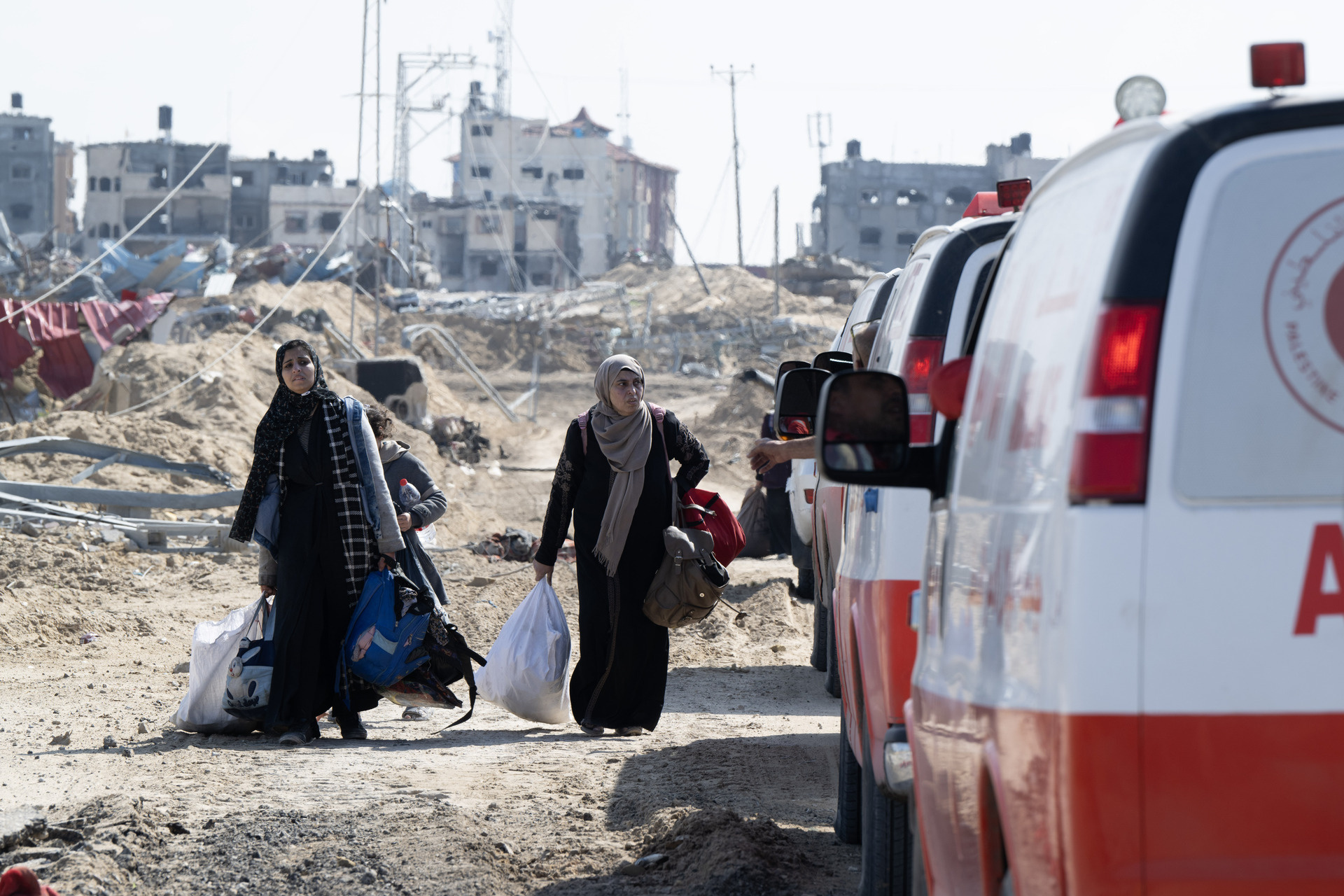Key facts
- Almost all people affected by emergencies will experience psychological distress, which for most people will improve over time.
- Among people who have experienced war or other conflict in the previous 10 years, one in five (22%) will have depression, anxiety, post-traumatic stress disorder, bipolar disorder or schizophrenia.
- People with severe mental disorders are especially vulnerable during emergencies and need access to mental health care and other basic needs.
- International guidelines recommend services at a number of levels ̶ from basic services to clinical care ̶ and indicate that mental health care needs to be made available immediately for specific, urgent mental health problems as part of the health response.
- Despite their tragic nature and adverse effects on mental health, emergencies have shown to be opportunities to build sustainable mental health systems for all people in need.
Information presented on this page has been replicated from the linked WHO fact sheet. Please always refer to the original source on who.int for the latest version. Last update: March 2024.
